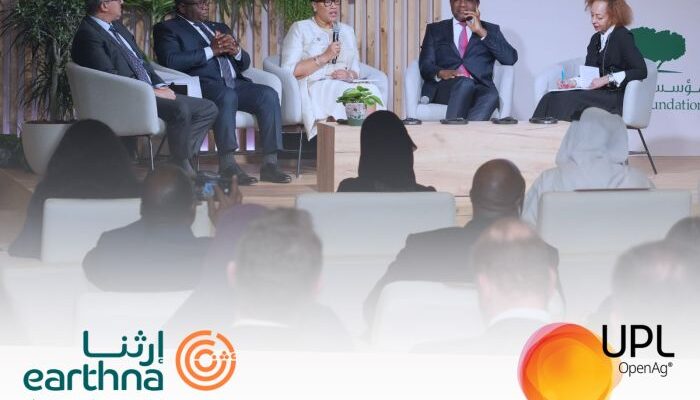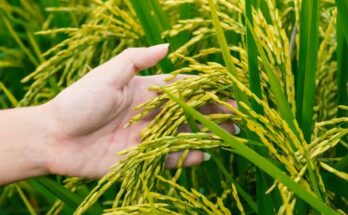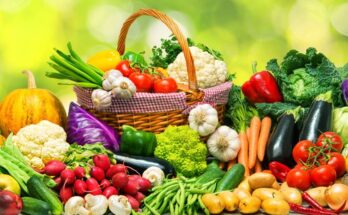UPL, a global provider of sustainable agricultural solutions, will support a renewed commitment to strengthening developing world food production, storage, and supply chains with a ‘food security’ programme.
The agreement was reached at the inaugural Earthna Summit in Doha, Qatar, with the governments of Zambia, Sierra Leone, Liberia, and The Gambia alongside the Commonwealth Secretariat. The sessions were also attended by representatives from Qatar Foundation’s (QF’s) Earthna Centre for a Sustainable Future, Alliance for a Green Revolution in Africa (AGRA), United Nations Development Programme, CGIAR, Chatham House, EMBRAPA, and the Indian Institute of Management – Rohtak.
The summit aimed to build new sustainability pathways for hot and arid environments as part of global efforts to address the moderate or severe food insecurity faced by one-in-four people globally. The summit sought to align South-South efforts and create a dedicated food security programme for producing and importing countries in Africa, India, and Latin America.
You may also like to read: Incentivising agri-seed research & development is key to food security, recommends study
UPL contributed to creating this ‘food security’ programme through an open plenary session and closed-door technical discussions, in which experts agreed to explore a new working methodology for food security. This included ensuring the development of farmer resilience, capacity building, and creating demonstration plots for climate-resilient crops.
Jai Shroff, Group CEO of UPL said, “Our contention is clear: no one has food security until everyone has food security. And the key to security is farmer resilience. The results of our discussions in Doha show that there is a new urgency to address food security and new energy among developing world nations to agree on approaches that will deliver real results. We look forward to announcing our roadmap with Earthna and to developing initial projects across Africa as part of our Reimagining Sustainability mission and OpenAg commitment to collaboration.”
Gonzalo Castro de la Mata, Executive Director of Earthna, said, “It is essential that the global community works together to encourage and enable self-sufficiency at national and international levels. I am delighted that at the Earthna Summit 2023, heads of state, QF’s Earthna and other partners have come together and committed to a new collaborative approach to enhance food security. I am confident that this programme will lead to lasting and impactful action, and make a significant contribution to these countries’ fight against climate change.”
A technical white paper will be prepared for the launch of pilot programmes in Zambia, Sierra Leone, Liberia, and The Gambia.






thanks alot of information goodjobs keren